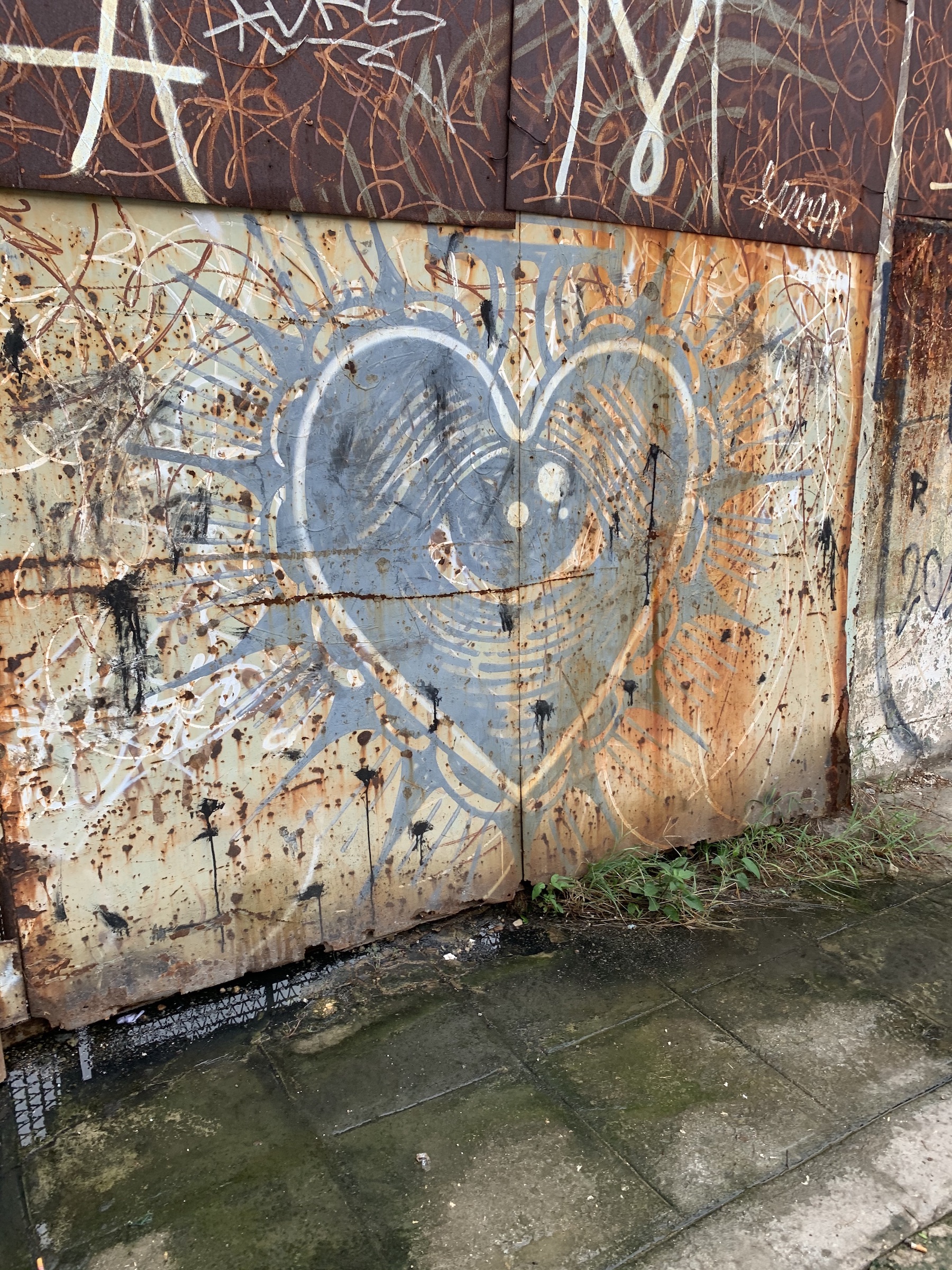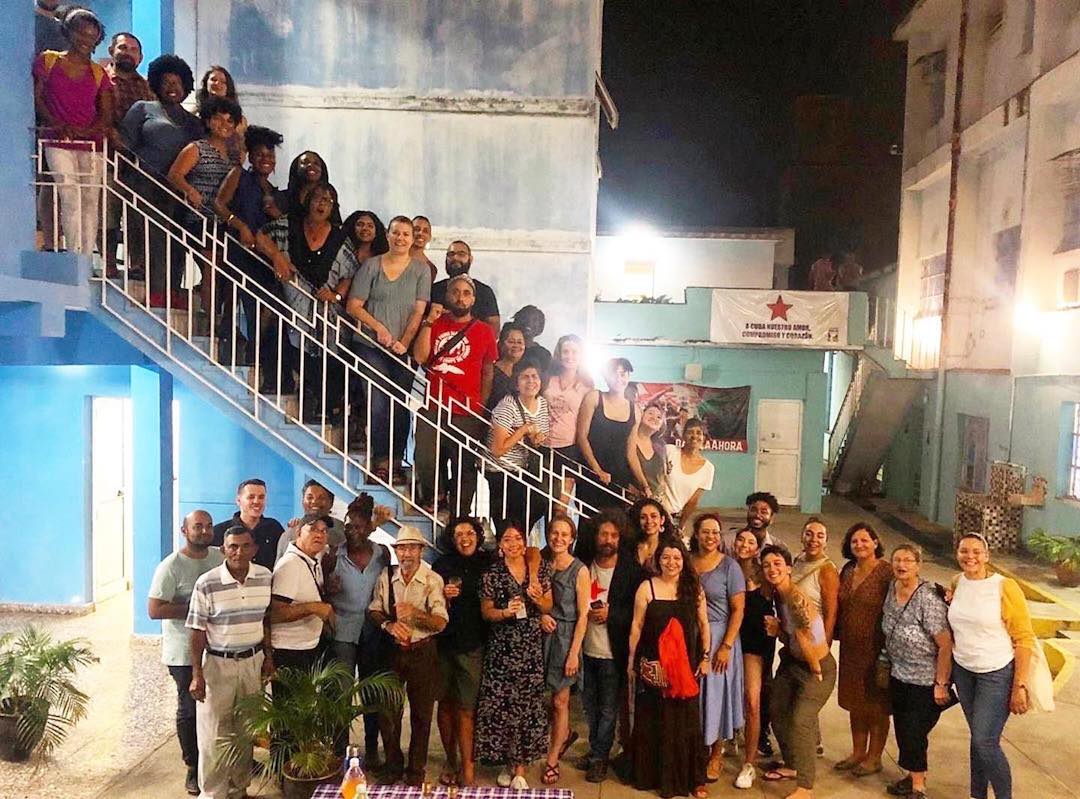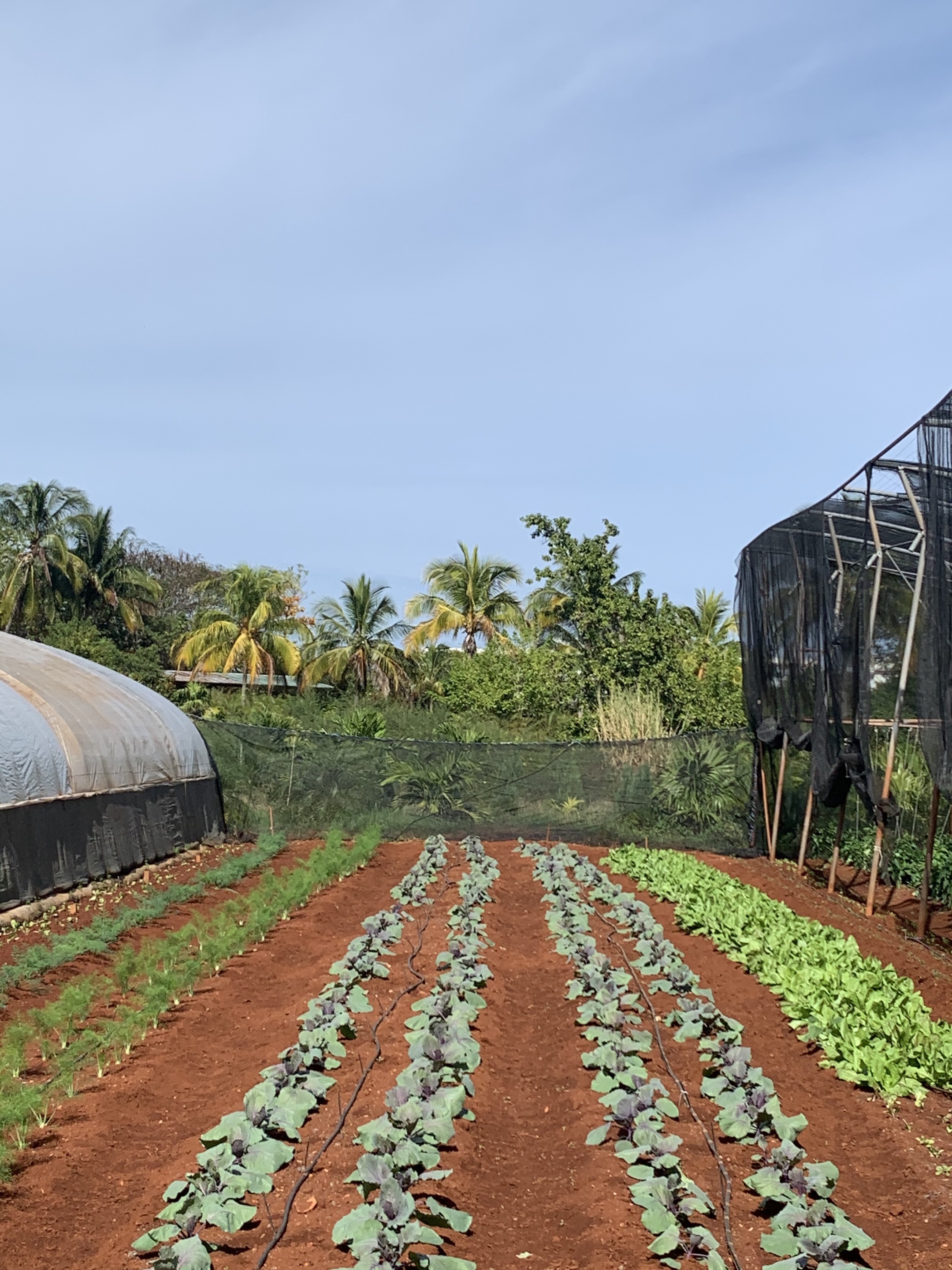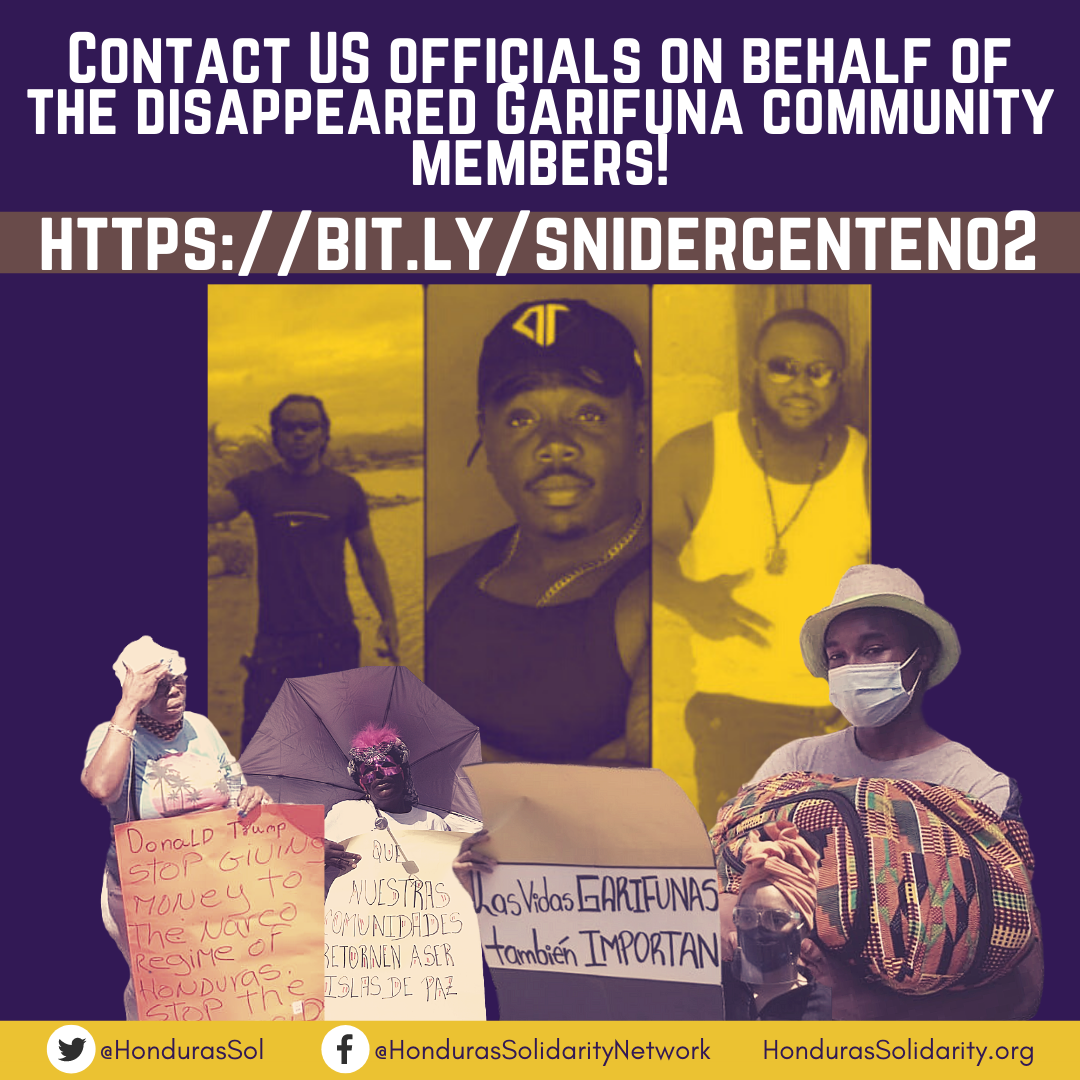| The Chicago Religious Leadership Network on Latin America (CRLN) and the St. Louis Interfaith Committee on Latin America (IFCLA) and Organized Communities Against Deportations (OCAD) are circulating these organizational sign-on letters directed to local, state and federal authorities to put an immediate stop to the implementation of ICE’s ‘Citizens Academy’ set to start in Chicago on September 15, 2020.
Reach out at JCHernandez@crln.org if you have any questions.
____________________________________________________________________________
To:
As you know, at a time when the nation is being forced to grapple with systemic police violence, ICE has invited civilians in Chicago to engage “in scenario-based training and exercises conducted in a safe and positive environment, including, but not limited to defensive tactics, firearms familiarization, and targeted arrests.” These actions by ICE are making the current environment even more frightening for immigrants and have raised alarm with local organizations and advocates across the country who see these types of training as potentially encouraging vigilantes to profile and target people in their communities.
The Trump administration’s power relies on the campaign of terror waged against migrants at the border and increased ICE raids at homes, on the street, at courthouses, and in workplaces. The administration has used escalated ICE presence in cities with policies that limit police collaboration with ICE, such as Chicago and New York, to threaten and intimidate these Cities. Of additional concern to the organizations is that ICE ERO is planning to hold this initial Academy in Chicago and include “scenario-based training and exercises” on firearms familiarization when just three years ago ICE agents shot an individual in Chicago during a raid.
We do not need citizens who feel empowered to further intimidate the most vulnerable in our communities. Additionally, we see this plan as an attempt by ICE to blur the public perception of the agency in order to get sympathy and erase the ways the agency has played into categorizing immigrants as dangerous criminals and justifying violent responses. These academies are part of strategies used by law enforcement to normalize violence and spread propaganda under the guise of improving community relations. Law enforcement agencies like ICE can’t improve community relations when they are part of the problem.
We believe that all people have inherent dignity and are deserving of basic human rights, including the freedom to live free from fear. The planned Citizens’ Academy will contribute to hostility towards immigrants, refugees and asylum seekers in the Chicago area.
We applaud the actions of Congressional representatives who are trying to cut off funding for this program. In recent days, the House Committee on Appropriations, successfully included an amendment to prohibit funding for this program in the Fiscal Year 2021 Homeland Security funding bill. Although these are positive moves in the right direction, the ‘Citizens Academy’ is still set to launch in Chicago this September. If allowed to move forward, the program would dangerously increase fear and discrimination against immigrant communities and lead to increased violence and racial profiling.
We call on the federal, state and local authorities to:
Prevent this academy: Private citizens should not feel empowered to fill in for police, ICE, or other authorities.
We, the undersigned, ask that you respond to our demand.
Letter 2
Letter to Robert Guadian
To: Robert Guadian, Field Office Director
Chicago.Outreach@ice.dhs.gov
Immigration and Customs Enforcement
101 W. Ida B. Wells Drive, Suite 400
Chicago, IL 60605
RE: Enforcement and Removal Operations Citizens Academy
Director Guadian:
We, the undersigned, write to you today to express our concerns and ask you to put an immediate stop to the implementation of the agency’s new Enforcement and Removal Operations Citizens Academy (ERO-ECA) in Chicago. As local and national organizations supporting immigrant communities across the region, we are deeply troubled at the agency’s plan to provide scenario-based training “including, but not limited to defensive tactics, firearms familiarization, and targeted arrests.” These actions by ICE are making the current environment even more frightening for immigrants, during a time when the nation is being forced to grapple with systemic police violence and racial injustice.
We are outraged by the prospect of ICE holding this training in Chicago and continue our commitment to protecting our undocumented neighbors. We denounce this plan to to recruit vigilantes in our communities. We do not need citizens who feel empowered to further intimidate undocumented people. Historically, Chicago ICE agents have used violence towards the people they target and use deceitful tactics to carry out raids in the area. The agency has also played into categorizing immigrants as dangerous criminals and justifying violent responses.
We believe that all people have inherent dignity and are deserving of basic human rights, including the freedom to live free from fear. The planned ‘ICE-ERO Academy’ will contribute to hostility towards immigrants, refugees and asylum seekers. We call on you to stop the implementation of the ICE Enforcement Citizen Academy. Private citizens should not feel empowered to fill in for police, ICE, or other authorities. If allowed to move forward, the program would dangerously increase fear and discrimination against immigrant communities and lead to increased violence and racial profiling. |



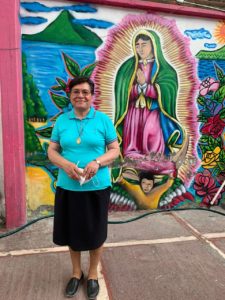
 We are Rebel Diaz. Somos hermanos- RodStarz and G1- who grew up in Chicago and came up in The South Bronx. Somos hijos de political refugees from Chile who fled a CIA-funded dictatorship in the 1970s. Revolution raised us, and the culture of Hip-Hop provided us our own Nueva Cancion. We’ve been doing rebel rap since the Clinton era, sharing our story and those of our people; el barrio, the hood, the poor, los inmigrantes. Our bilingual sound has been shaped by pieces of South American folk, house, and latin percussion gettin down with boom-bap breaks and 808s. Hip-Hop and a vision for liberation have taken us around the world. With DJ Illanoiz and our band, we’ve rocked stages in front of thousands at festivals, and in front of dozens in squat house living rooms. We learned about tomas in our international tours, then came back to The Bronx, took over an abandoned building and started a community center, The RDACBX. We’ve given lectures at Ivy League schools but are college dropouts. We went from rapping about being ‘periodistas de la esquina’ to actually hosting a television news program on the global network Telesur English. We’ve been blessed to open for the likes of Public Enemy, Calle 13, and Rage Against the Machine. The New York Times, Washington Post, and NPR among others, have featured our work and words. Educators across the world use our music and videos as learning tools. Today, we continue in la lucha with our families and in our community through our music and multimedia work.
We are Rebel Diaz. Somos hermanos- RodStarz and G1- who grew up in Chicago and came up in The South Bronx. Somos hijos de political refugees from Chile who fled a CIA-funded dictatorship in the 1970s. Revolution raised us, and the culture of Hip-Hop provided us our own Nueva Cancion. We’ve been doing rebel rap since the Clinton era, sharing our story and those of our people; el barrio, the hood, the poor, los inmigrantes. Our bilingual sound has been shaped by pieces of South American folk, house, and latin percussion gettin down with boom-bap breaks and 808s. Hip-Hop and a vision for liberation have taken us around the world. With DJ Illanoiz and our band, we’ve rocked stages in front of thousands at festivals, and in front of dozens in squat house living rooms. We learned about tomas in our international tours, then came back to The Bronx, took over an abandoned building and started a community center, The RDACBX. We’ve given lectures at Ivy League schools but are college dropouts. We went from rapping about being ‘periodistas de la esquina’ to actually hosting a television news program on the global network Telesur English. We’ve been blessed to open for the likes of Public Enemy, Calle 13, and Rage Against the Machine. The New York Times, Washington Post, and NPR among others, have featured our work and words. Educators across the world use our music and videos as learning tools. Today, we continue in la lucha with our families and in our community through our music and multimedia work.
